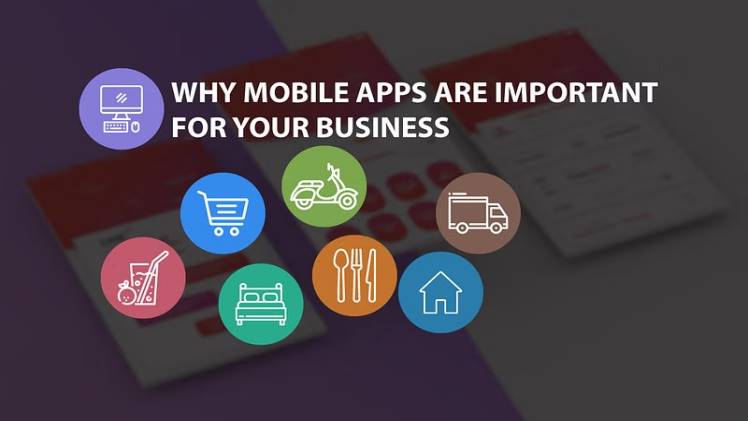What Are Apps and Why Are They Important to Businesses?

Apps are computer software programs running on mobile devices like smartphones and tablets, providing users with various services like social networking, communication, or entertainment. As they’re convenient and user-friendly, apps have become a growing trend in the business world.
Apps are composed of small software modules that have been assembled and organized into a useful program that runs on phones or tablets. Many are designed with a mobile-first approach to ensure they look good across all sizes of devices.
Some apps are tailored towards one type of use, like a shopping app or restaurant guide. Others are more general in nature, like news apps or emulators for game consoles.
Applications are frequently employed to boost productivity and efficiency at both personal and professional levels. They enable access to information such as calendars or contact lists, among other uses.
There are three primary types of apps: Web Apps, Hybrid Apps and Native Apps. These vary in their implementation, features offered and how they’re stored on a device.
Web applications are typically browser-based and utilize HTML, CSS and a backend programming language for functionality. They can be accessed from a user’s mobile browser and may store data in a server-side database instead of on the device itself.
Hybrid Apps are similar to Web Apps in that they can be programmed using various programming languages and run on different mobile operating systems. While they tend to be more cost-effective than Web Apps, their features set is limited.
Native Apps are usually tailored for a particular mobile operating system and must pass quality assurance checks before being sold in an app store. They may require either a subscription fee or be free to download.
Businesses can leverage apps to increase engagement, generate leads, and provide crucial information to customers when they need it most. They also track user activity and send notifications tailored to each individual based on their interests, location, and usage habits.
Developing an app for your business can make you stand out from competitors and attract new customers. Additionally, it enables marketing teams to communicate more personalized with customers, which could increase engagement levels and conversion rates.
Apps not only enhance engagement and generate leads, but they can also keep your business ahead of industry developments. By keeping customers updated about new products and upgrades, apps help foster loyalty and boost sales.
Apps also have fewer environmental impacts than other methods of communicating or engaging with customers. Unlike printing brochures or other paper-based marketing materials, apps don’t need the production of physical items such as books or magazines and they load quickly for users.
Therefore, they are an economical, efficient, and convenient form of marketing. Furthermore, they are more customizable than print ads or other forms of promotion, allowing customers to tailor their experience according to individual preferences.